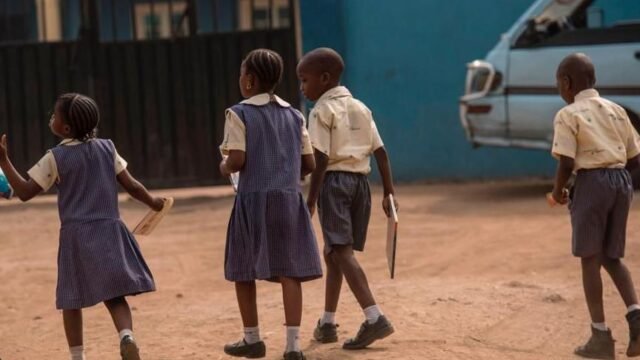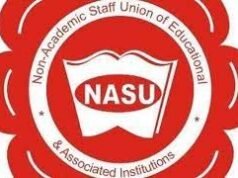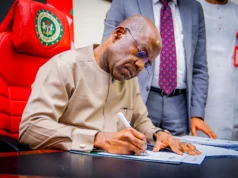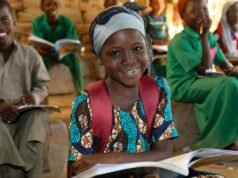In a surprising turn of events, Nigeria has officially reversed its mother-tongue education policy, shifting back to English-only instruction from pre-primary to secondary school. Announced on November 12, 2025, the Education Minister defended the move as “evidence-based,” citing concerns over poor student performance during the experimental phase. Across the border, Ghana has embraced the opposite approach, requiring children to learn in their native languages from Kindergarten through Primary 3 before transitioning gradually to English. This contrasting approach between two West African giants has ignited a debate on the most effective language strategy for foundational learning in Africa.
Table of Contents
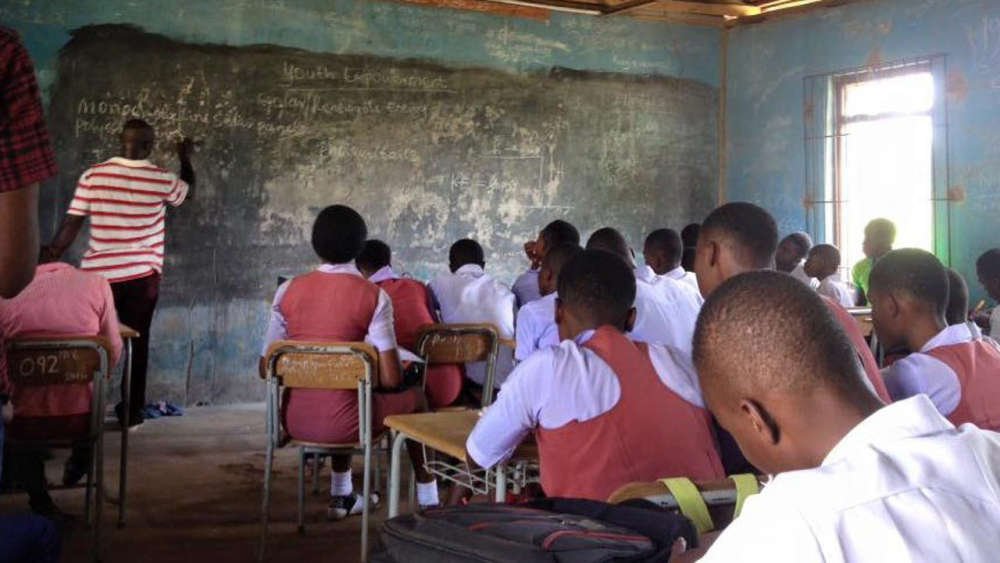
The Evidence Behind Mother-Tongue Learning
Recent studies, including the 2025 UNESCO/AU/UNICEF report Transforming Learning and Skills Development in Africa, reveal a staggering literacy gap: roughly 80% of 10-year-olds in Africa struggle to read or comprehend basic texts. Education experts argue that this issue is less about English itself and more about how literacy foundations are built. UNESCO stresses that children learn faster and retain knowledge better when taught in the language they speak at home, noting that “the language of instruction remains a significant barrier to equity in education… highlighting the need for learning materials in indigenous and local languages.”
Ghana’s carefully measured approach mirrors these recommendations. By limiting mother-tongue instruction to the first three years of primary education, the country ensures that children develop strong comprehension skills before transitioning to English. This phased approach aligns with global best practices and is reflected in countries with the strongest literacy outcomes.
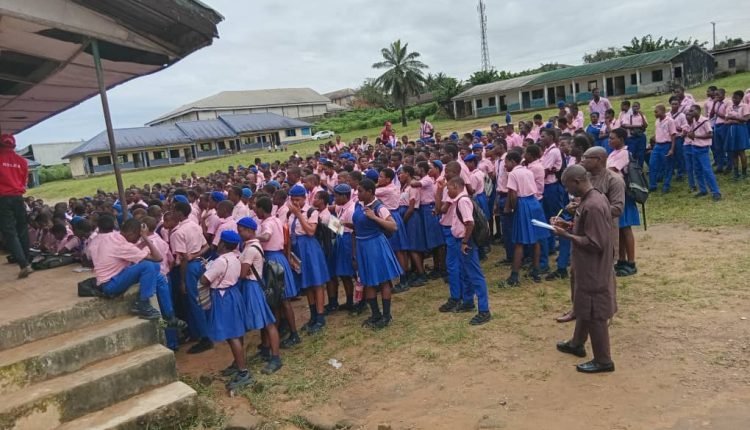
Nigeria’s U-Turn: Policy or Implementation Problem?
Nigeria’s reversal has raised questions about whether the mother-tongue initiative failed due to policy design or implementation gaps. Education Minister claims the policy was “destructive” to foundational learning, blaming it for poor academic outcomes. However, UNESCO cautions that weak execution often undermines well-intentioned reforms. Nigeria’s challenges—extreme linguistic diversity, teacher shortages, insufficient local-language textbooks, and inconsistent funding—suggest that the initiative may have been undermined by logistical obstacles rather than the concept itself.
Experts emphasize that successful mother-tongue education depends on sufficient resources, teacher training, and learning materials. Without these, even the best-designed policies are likely to falter. For Nigeria, the debate is no longer only about language—it’s about whether the system can support effective education for millions of children in a multilingual society.
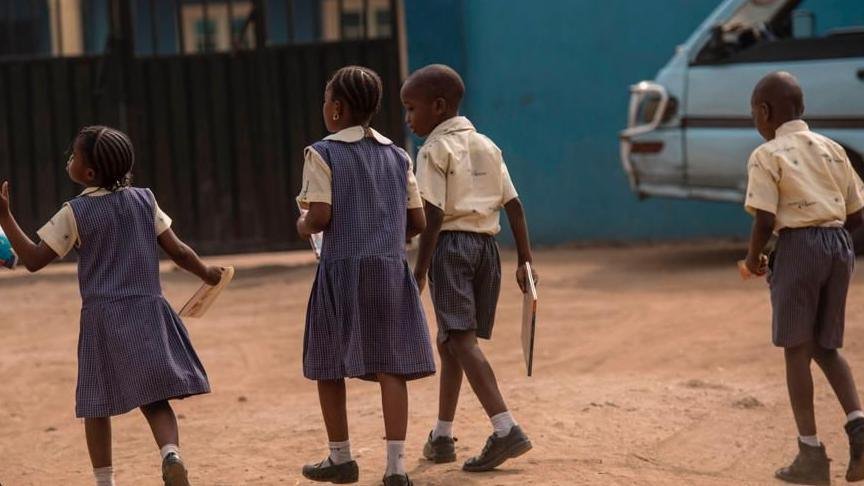
The Bigger Picture: Equity and Future Generations
The contrasting approaches of Nigeria and Ghana reflect deeper questions about Africa’s educational priorities. Should children first build literacy in the language they understand, or should English-only instruction remain the standard to align with global trends? Reverting to English may seem pragmatic in the short term, but it risks widening educational inequality, particularly in rural communities where access to quality English instruction is limited. UNESCO’s findings suggest that improving teacher capacity, materials, and funding infrastructure is just as important as the choice of instructional language.
As the debate unfolds, the outcomes of these divergent policies will shape Africa’s next generation. Ghana’s model offers hope for a structured and equitable approach to literacy, while Nigeria’s reversal highlights the risks of under-resourced implementation. The coming years will be crucial in assessing which path ultimately serves African learners best.
Join Our Social Media Channels:
WhatsApp: NaijaEyes
Facebook: NaijaEyes
Twitter: NaijaEyes
Instagram: NaijaEyes
TikTok: NaijaEyes
READ THE LATEST EDUCATION NEWS


